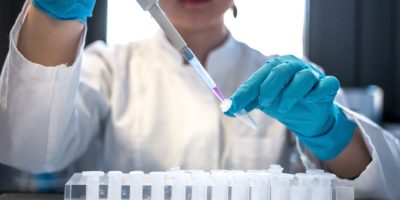EXPECT Studies
EXPECT - EXtraintestinal Pathogenic Escherichia Coli Trial. Extraintestinal pathogenic Escherichia coli (ExPEC) are a leading and rising cause of bacterial invasive disease worldwide. The emergence of multidrug resistance among ExPEC strains such as E. coli sequence type 131:O25B, represents a major challenge for the treatment of ExPEC infections. Prevention is becoming more and more important however to date, there is no vaccine available to prevent invasive ExPEC disease (IED).
EXPECT-1
The EXPECT-1 study is a prospective observational pilot study to assess success factors and barriers for a future Phase 3 randomized controlled trial, where the efficacy of a new vaccine to prevent invasive ExPEC disease will be tested in community-dwelling adults. General practitioners (GPs) in a maximum of 8 countries will be asked to recruit a total of 6,000 study participants (750 per country). These are adults aged 60 years or older in stable health, primarily with a history of urinary tract infections. The objective is to capture any hospitalization, with a focus on hospitalization due to IED, and to identify the clinical and operational challenges that might occur during the Phase 3 vaccine efficacy study.
EXPECT-2
The EXPECT-2 study is a prospective epidemiological study in the same hospitals participating in the EXPECT-1 study. In addition to participants enrolled by GPs in the EXPECT-1 study that may develop IED and present to the hospitals, a total of 240 patients with confirmed IED (30 patients per country) will be enrolled in the EXPECT-2 study in the same participating hospitals. The aim is to estimate the O-serotype distribution of ExPEC isolated from hospitalized patients aged 60 and older with invasive ExPEC disease, and to evaluate the clinical case definition and risk factors.
Related updates

The Last of COMBACTE: COMBACTE-NET

